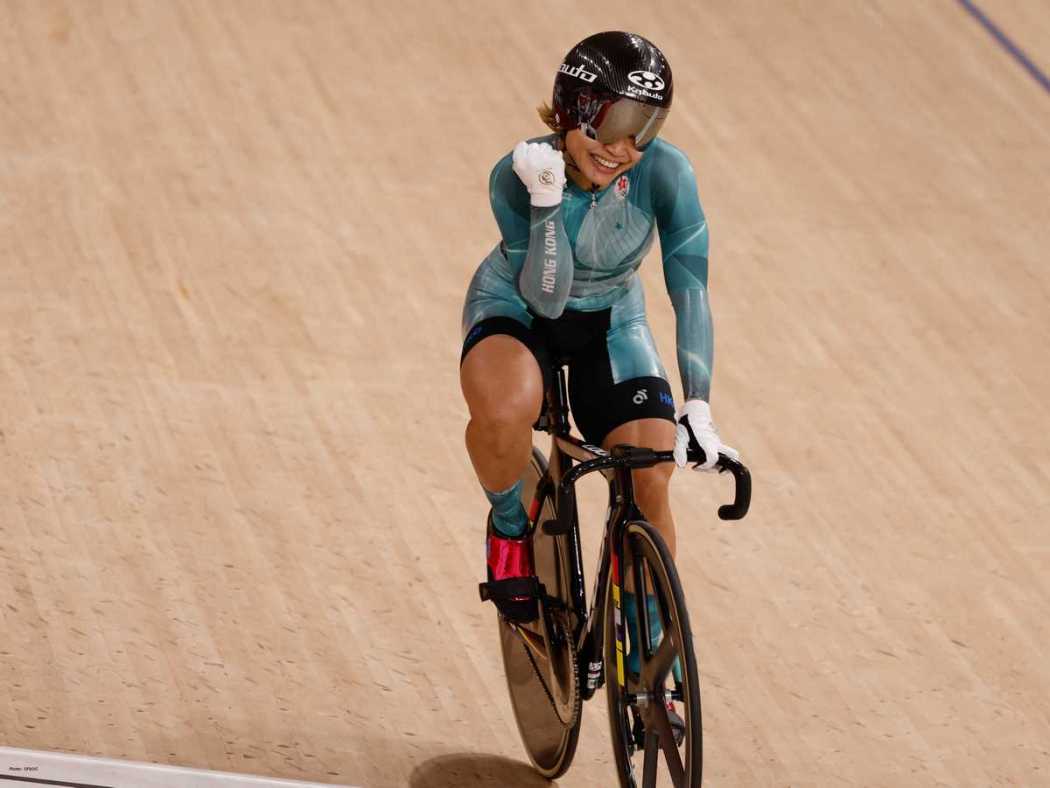The head of Hong Kong’s Olympic delegation has called for more resources to develop less popular sports after the city’s best-ever performance in the Tokyo games, including a gold medal for fencing.
Pui Kwan-kay told RTHK on Monday the “unprecedented” success – one gold, two silver and three bronze medals – was a result of athletes’ hard work and said he hoped for similar success in the future.

The Tokyo Olympics – postponed for a year owing to the Covid-19 pandemic – saw Hong Kong athletes attracting unparalleled support and attention from people back home. Thousands gathered in shopping malls and other sites across the city to watch livestreamed events, chanting “We are Hong Kong!”
Pui said the local sporting scene would see an “optimistic development” in the future, after the government’s purchase of the Olympic broadcasting rights and the efforts of the competitors fuelled the city’s fervour for the games.
“We hope to… strive for more resources and more attention,” he said.
Pui said the city’s current elite system puts an emphasis on sports in which Hongkongers have already won medals, adding that resources should be pumped into developing sports that have “high potential” but are lower-profile.
“Some 10 odd years ago, we did not notice fencing would be so impressive, that it would have a Cheung Ka-long,” the Olympic delegation chief said, in reference to Edgar Cheung Ka-long who clinched gold in the men’s foil individual event.
Hong Kong had its first medal success in 1996 and has now won a total of nine medals, including two golds, in six sports – fencing, windsurfing, swimming, table tennis, cycling and karate.

Speaking on the same programme, Sports Commissioner Yeung Tak-keung denied the government only supported medal-winning sports. He said up-and-coming sports such as sailing and equestrianism had been included in the elite training system.
The sports chief said the Leisure and Cultural Services Department currently disburses annual funding of a few hundred million Hong Kong dollars to 60 sports associations, of which 20 have been selected to be part of the elite training system at the Hong Kong Sports Institute (HKSI).
“Among the 60 sports, one third have already entered the elite training system. This ratio is not low,” he said. The system offers athletes financial help, scientific advice and medical support.

Yeung said the government may conduct a comprehensive review on the threshold for a sport to be considered an elite event, such as evaluating the scoring system by consulting the HKSI, the sports associations, athletes and coaches. But he said the threshold cannot be “too low.”
“If everyone can become an elite, then it is not an elite system,” he said.
Support HKFP | Policies & Ethics | Error/typo? | Contact Us | Newsletter | Transparency & Annual Report | Apps
Help safeguard press freedom & keep HKFP free for all readers by supporting our team

LATEST FROM HKFP
HKFP has an impartial stance, transparent funding, and balanced coverage guided by an Ethics Code and Corrections Policy.
Support press freedom & help us surpass 1,000 monthly Patrons: 100% independent, governed by an ethics code & not-for-profit.










